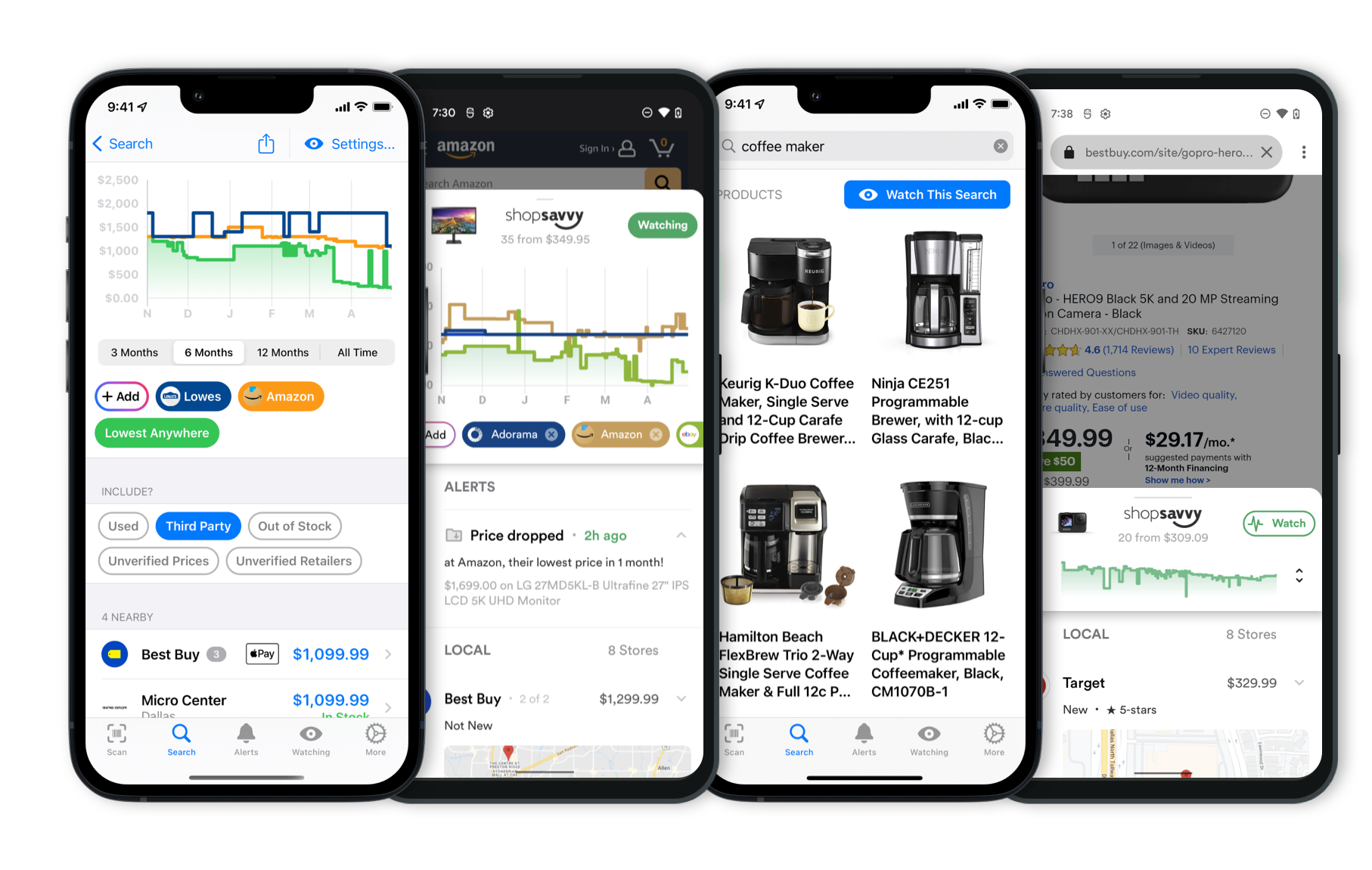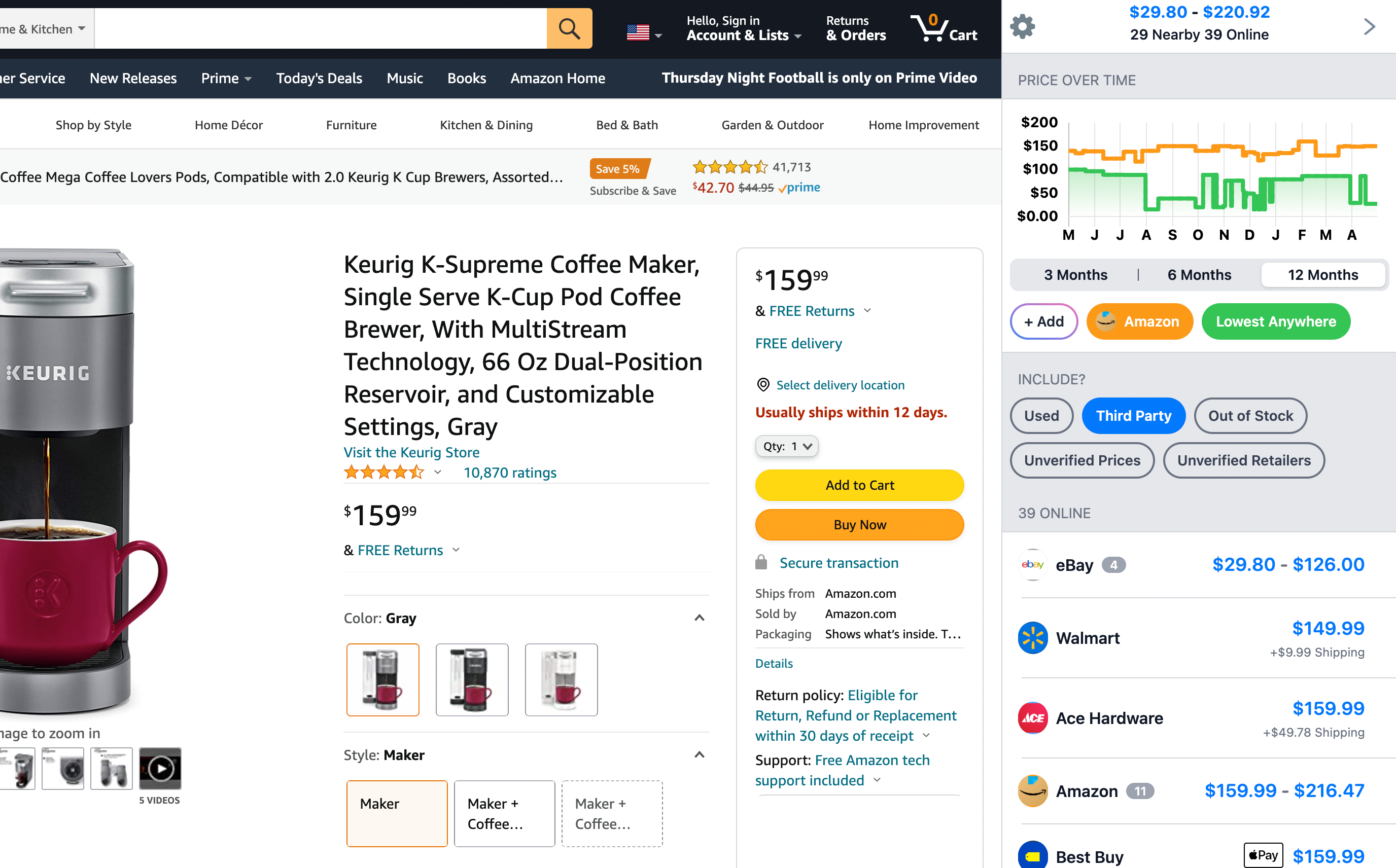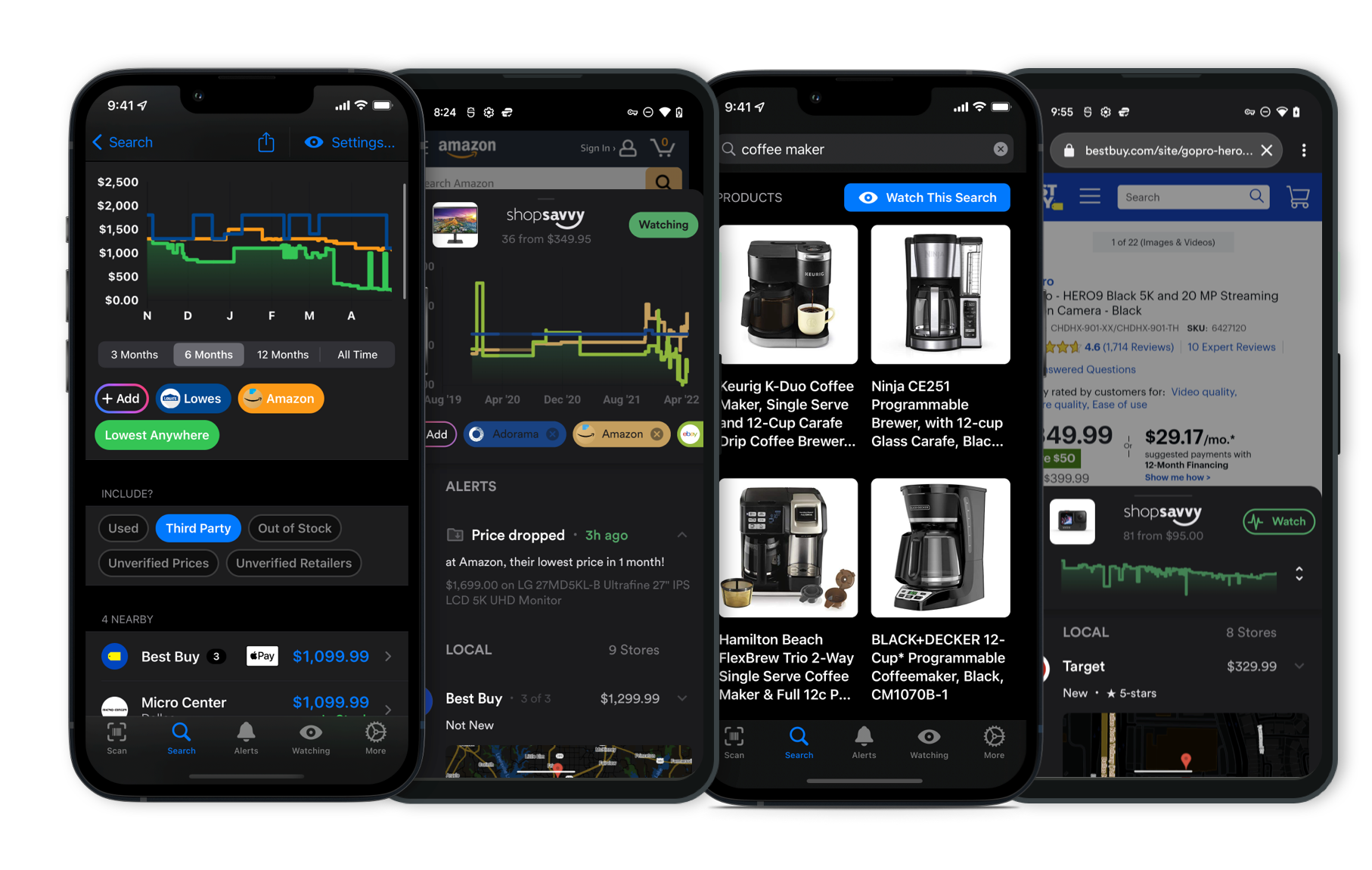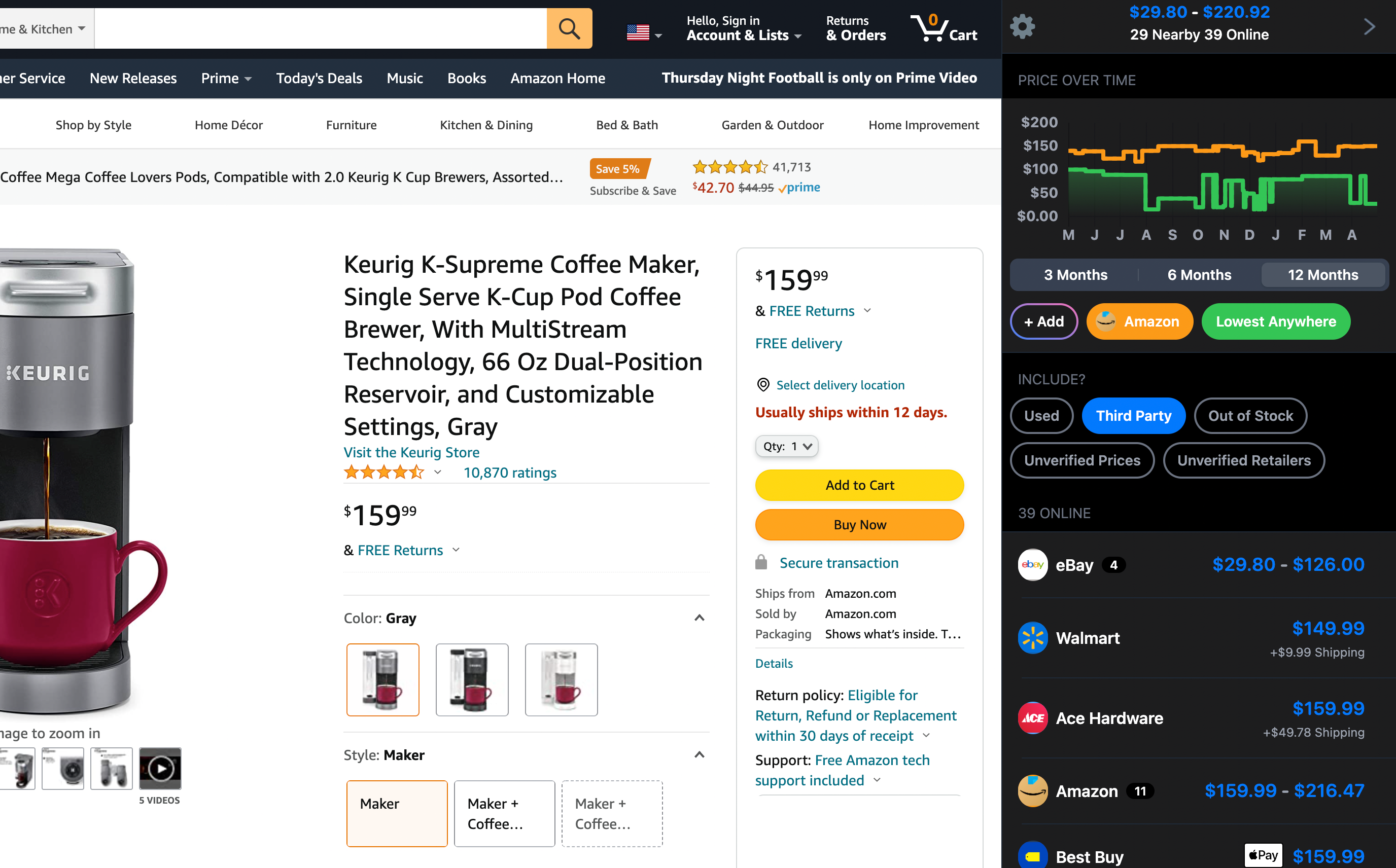
The AnkerMake M5C 3D printer is pretty versatile when it comes to the materials you can use. Based on the manufacturer's product description, it can handle PLA, PETG, and ABS, which are all common choices for 3D printing.
PLA (Polylactic Acid): This one's a favorite among many users because it's easy to print with and environmentally friendly. It's pretty forgiving if you're just starting out and produces nice, smooth prints—great for models and prototypes that aren't going to be subjected to much stress.
PETG (Polyethylene Terephthalate Glycol): PETG is like a nice compromise between PLA and ABS. It's strong and flexible and still easy enough to use. If you're planning on printing functional parts that need to be sturdy and durable, PETG is a solid option.
ABS (Acrylonitrile Butadiene Styrene): ABS is a bit trickier due to its tendency to warp, but it's worthwhile if you need something that can handle more heat or mechanical stress.
According to our research, folks have been happy with the printer's performance with these materials, though results can definitely vary.
Factors like your printing settings, environment, and even the specific brand of filament you choose can make a difference.
So, if you're checking out the AnkerMake M5C, it's good to know it can cover a lot of different projects, from simple to more complex. Just be sure to dial in the right settings for whatever material you're using to get the best prints!
Where to Buy
Considering the AnkerMake M5C 3D Printer?
Here's our "TLDR" Review
 Download ShopSavvy App
Download ShopSavvy AppCompare prices for anything in real-time, set price alerts, watch for deals by keyword, and much more
 Install ShopSavvy Browser Extension
Install ShopSavvy Browser ExtensionCompare and track prices automatically while you shop online at thousands of websites.
More Answers
If you're still curious about the AnkerMake M5C 3D Printer, here are some other answers you might find interesting:
Hey! So, the AnkerMake M5C 3D printer does come with auto bed leveling, which is super handy. This feature automatically adjusts the print bed for you, so you don't have to fiddle with it yourself. It's great because it saves you time and some headaches.
About setting it up—it's pretty user-friendly. Most of it comes pre-assembled, so you just have to attach a few parts, which usually takes around 15-20 minutes.
After that, you can manage your prints through the AnkerMake app or their slicing software, which you can access via Wi-Fi from your phone or computer.
While everything is straightforward, some folks found the app a bit tricky to get used to, especially if they're not super techie. But once you get the hang of it, it's quite convenient.
Overall, with the auto bed leveling and easy setup, it's a solid choice for both newbies and seasoned 3D printing folks, though some more advanced users might find the proprietary software limiting.
Hope that helps!
The AnkerMake M5C 3D printer is pretty versatile when it comes to the materials you can use. Based on the manufacturer's product description, it can handle PLA, PETG, and ABS, which are all common choices for 3D printing.
PLA (Polylactic Acid): This one's a favorite among many users because it's easy to print with and environmentally friendly. It's pretty forgiving if you're just starting out and produces nice, smooth prints—great for models and prototypes that aren't going to be subjected to much stress.
PETG (Polyethylene Terephthalate Glycol): PETG is like a nice compromise between PLA and ABS. It's strong and flexible and still easy enough to use. If you're planning on printing functional parts that need to be sturdy and durable, PETG is a solid option.
ABS (Acrylonitrile Butadiene Styrene): ABS is a bit trickier due to its tendency to warp, but it's worthwhile if you need something that can handle more heat or mechanical stress.
According to our research, folks have been happy with the printer's performance with these materials, though results can definitely vary.
Factors like your printing settings, environment, and even the specific brand of filament you choose can make a difference.
So, if you're checking out the AnkerMake M5C, it's good to know it can cover a lot of different projects, from simple to more complex. Just be sure to dial in the right settings for whatever material you're using to get the best prints!
The AnkerMake M5C 3D Printer is pretty impressive when it comes to speed. It can hit up to 500 mm/s, which is quite fast for 3D printing. What’s cool is that even at these speeds, the printer still manages to keep the precision in check.
The printer's all-metal hotend is a nice touch—it can reach temperatures up to 300°C. This means you're not stuck with one type of filament; you can use things like PLA, ABS, and PETG, which is awesome if you like to switch things up based on what you're making.
Setting it up is a breeze, too. From what we've found, getting it ready usually takes less than 15 minutes. And the 7×7 auto-leveling system is super helpful because you don't have to keep adjusting the print bed manually all the time.
Do keep in mind that the AnkerMake M5C relies on their app since there's no built-in screen. So if your internet acts up, it might be a bit tricky.
Plus, be prepared for the occasional firmware update causing minor glitches like layer shifts or pauses, but these usually get resolved.
In a nutshell, the M5C is fast and versatile, appealing to both newbies and experienced 3D printing folks. Just remember, the reliance on the app might take a bit of getting used to, but if you're okay with that, it should be a great addition to your projects.
Explore Content
Footer 1
Published
Subscribe for Updates
Get the latest news, and updates on ShopSavvy. You'll be glad you did!











